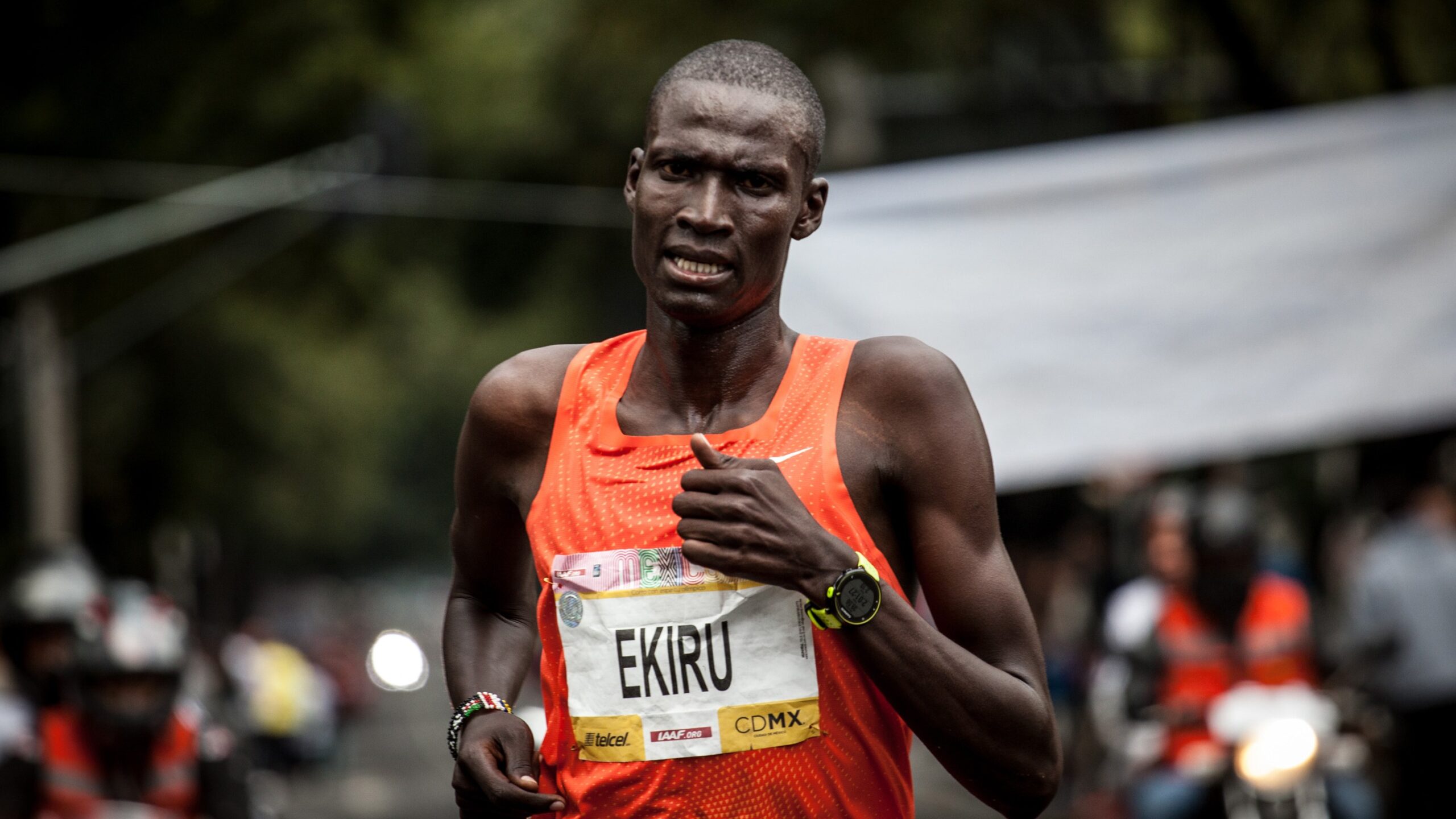In a significant development within the world of athletics, Kenyan marathon runner Titus Ekiru has been handed a 10-year ban for doping and attempting to obstruct the ensuing investigation. The verdict was delivered by the Athletics Integrity Unit (AIU) on Monday, following a comprehensive inquiry into his case.
The Positive Tests and Disqualifications
Titus Ekiru, a 31-year-old marathon champion, tested positive for prohibited substances after his victories in the Milan Marathon in May 2021 and the Abu Dhabi event in November of the same year. As a consequence, the AIU declared that his results, both during and after the Milan race, have been disqualified, and all the prizes he received have been forfeited. Notably, his remarkable Milan marathon performance, completing the race in 2 hours, 2 minutes, and 57 seconds, which had made him the sixth fastest marathon runner of all time, has now been erased from the record books.
A Surge in Doping Cases in Kenya
Kenya, often regarded as an athletics powerhouse, has seen a surge in doping cases in recent years, seriously tarnishing the country’s reputation. Over the past five years, almost 70 athletes, primarily distance runners, have faced bans for doping violations.
The AIU’s Findings
The 10-year ban stems from what the AIU describes as a “comprehensive investigation.” This inquiry revealed that Titus Ekiru attempted to obstruct the AIU’s probe, and there was collusion involving a senior doctor at a Kenyan hospital.
Initially, Ekiru contested the charges but ultimately decided not to pursue his case when faced with substantial evidence against him.
Doping Substances and Medical Treatment Claims
The specific prohibited substances detected in Ekiru’s tests were triamcinolone acetonide, discovered after his Milan victory, and pethidine, found following his triumph in Abu Dhabi. Ekiru claimed that these positive results were a result of legitimate medical treatment for injuries.
However, the AIU’s investigation found that a senior doctor had conspired with Ekiru and that the hospital documents provided to explain the presence of prohibited substances were forged.
Calls for Further Investigation
In light of these revelations, the AIU has called upon the Anti-Doping Agency of Kenya (ADAK) to refer the involved doctor to the criminal authorities in Kenya for further investigation.
The AIU’s Message
The AIU Chair, David Howman, emphasized the importance of this case as a strong message to athletes involved in doping and those who support them. He stated, “there is nowhere to hide.”
Ban Duration
Titus Ekiru’s 10-year ban began with his provisional suspension in June of the previous year and will extend until June 2032.
The doping ban imposed on Titus Ekiru serves as a stark reminder of the ongoing battle against doping in the world of athletics. While the sport continues to provide inspiration and achievement to countless individuals, such cases underscore the importance of maintaining the integrity and fairness of competition. The AIU’s thorough investigation and subsequent sanctions aim to send a clear message that doping violations will not be tolerated, wherever they may occur.













